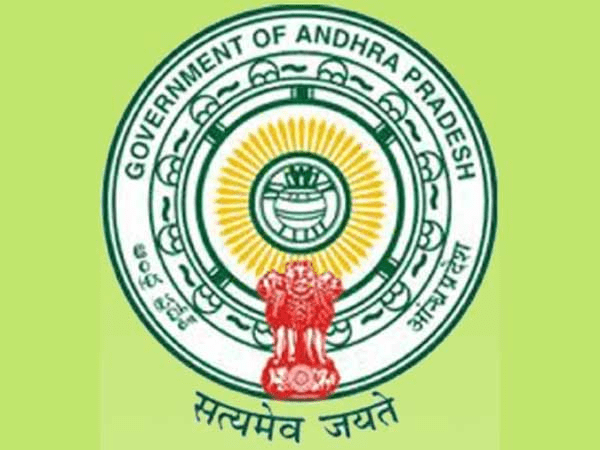
The Andhra Pradesh government has simplified norms stipulated by the Central government for the implementation of 10 percent reservation to the Economically Weaker Sections (EWS) in Employment and Education, without any sub-categorisation.
The government said the people who are not covered under the existing reservations for OBCs, SCs, STs, and whose gross annual family income is below Rs 8 lakh per annum, are eligible for EWS reservation in both employment and educational opportunities.
The Constitution (103rd Amendment) Act, 2019, provides for 10% reservation for the economically weaker sections (EWS) in higher educational institutions within the general category. According to Government of India’s rules on quota for EWS, the eligibility criteria is as:
- Those who are not covered under the scheme of reservation for SCs, STs and OBCs and whose family has gross annual income below Rs. 8 lakh only are to be identified as EWSs for the benefit of reservation.
- Income shall also include income from all sources i.e. salary, agriculture, business, profession, etc. for the financial year prior to the year of application.
- Persons whose family owns or possesses any of the following assets shall be excluded from being identified as EWS, irrespective of the family income:
- 1.5 acres of agricultural land and above;
- Residential area of 1000 sq ft. and above;
- Residential plot of 100 sq. yards and above in notified municipalities;
- Residential, plot of 200 sq. yards and above in areas other than the notified municipalities.
- The property held by a “Family” in different locations or different places/cities would be clubbed while applying the land. or property holding test to determine EWS status.
- The term “Family” for this purpose will include the person who seeks benefit of reservation, his/her parents and siblings below the age of 18 years as also his/her spouse and children below the age of 18 years.
Interestingly, this reservation will be in addition to the existing 50% reservation in favour of the Scheduled Castes (SCs), Scheduled Tribes (STs), and Other Backward Classes (OBCs), and will take the total reservation to 60%. The Amendment has crossed the 50% upper bound limit for reservations in India laid down by the Supreme Court.
But, in AP’s case, the state government has now extended this EWS quote to government jobs too. Though this is not something that the Supreme Court has agreed upon, how this will affect the existing quota of jobs and reservations is yet to be assessed.
As far as identification of beneficiaries of the new quota is concerned, the criteria is arbitrary as it would exclude almost nobody, given the high income cut-off. And, therefore, there is bound to be confusion and inappropriate favour-based, reference-based system of recruitments going further.
With the state already reeling under the evil of caste-based recommendations, this EWS quota will further ruin the current system of functioning and also increase corruption within the government system during recruitments.
This move definitely would defeat the original purpose of granting reservation as envisaged by the founding fathers of our constitution but it will also destroy the merit-based competitive spirit of the state and its students. Apart from the already existing flurry of welfare schemes which have rendered many unemployable in AP, this quota will further add fuel to the already depleting talent in the state.
For political reasons, it may work in Jagan’s favour. But, for the long-term, skill and talent-based work or training shall further deteriorate in Andhra Pradesh with this move.











